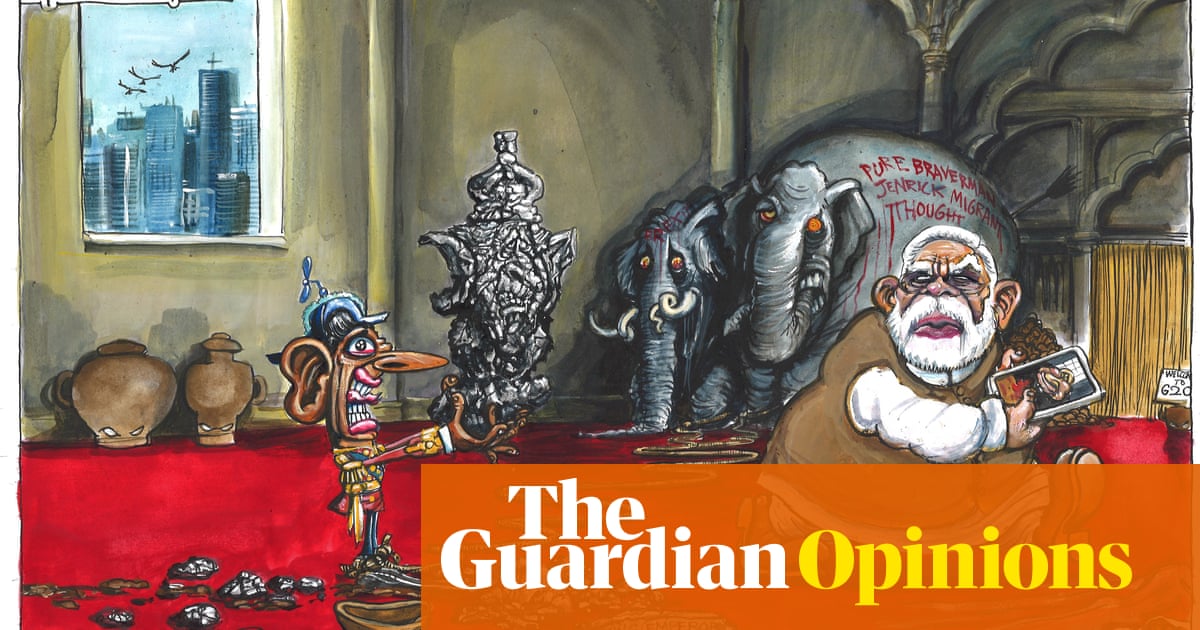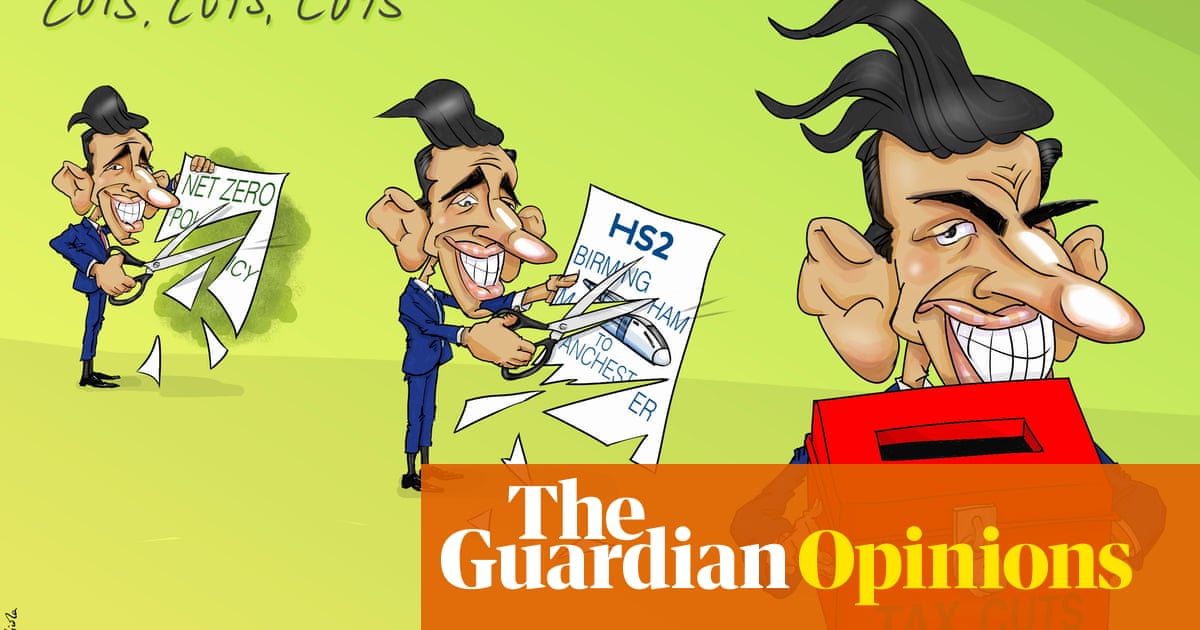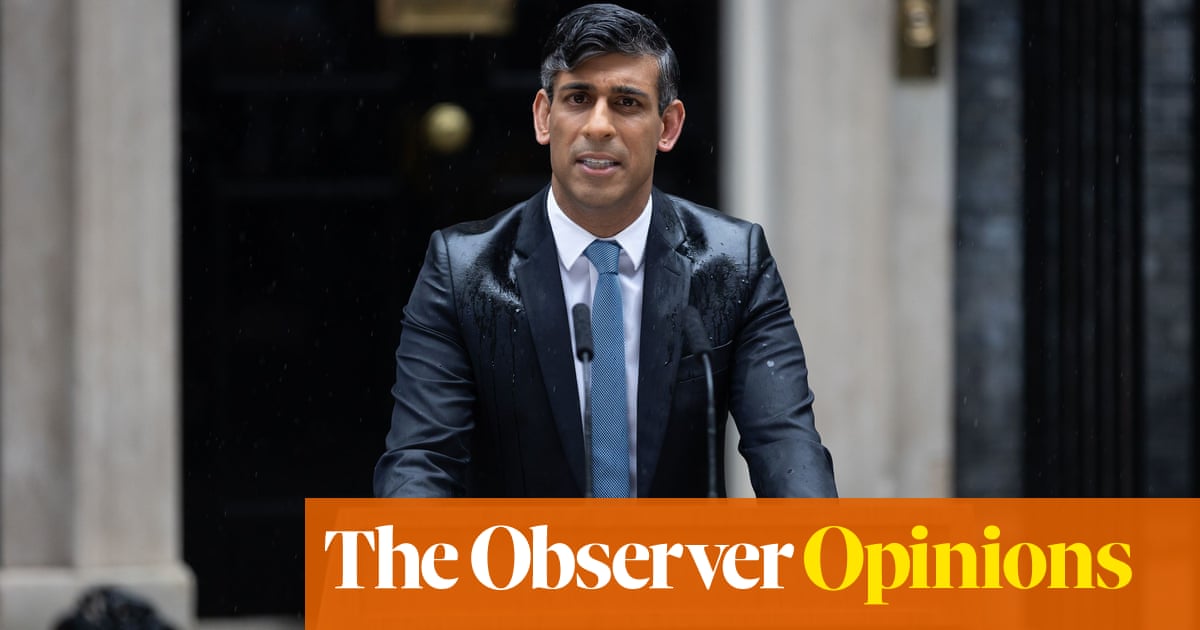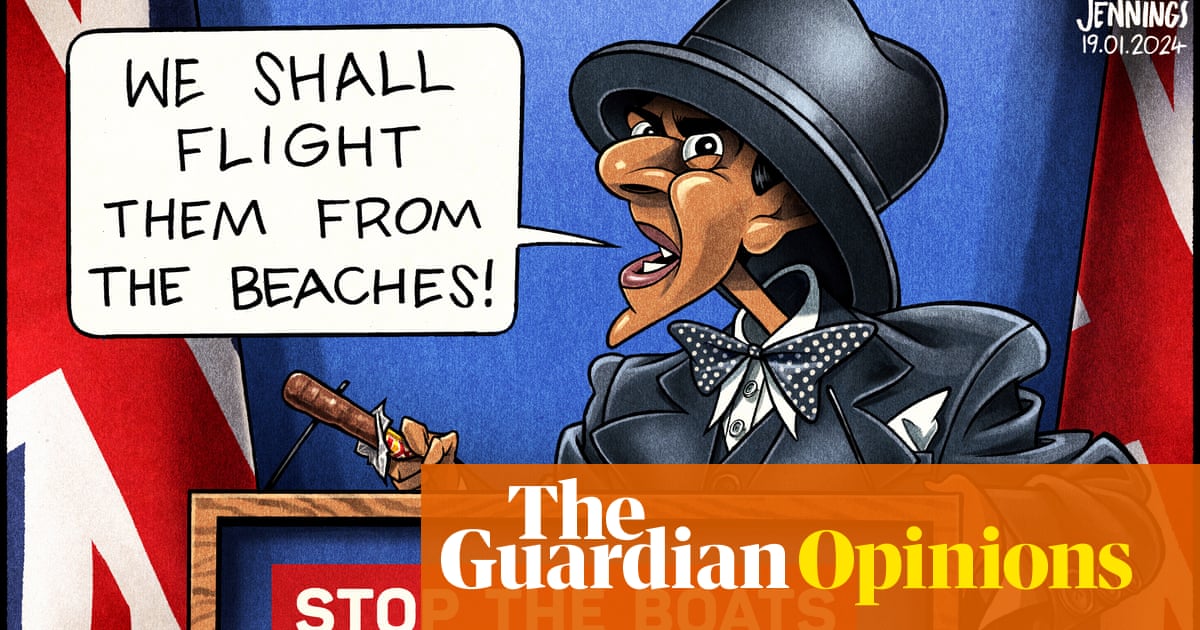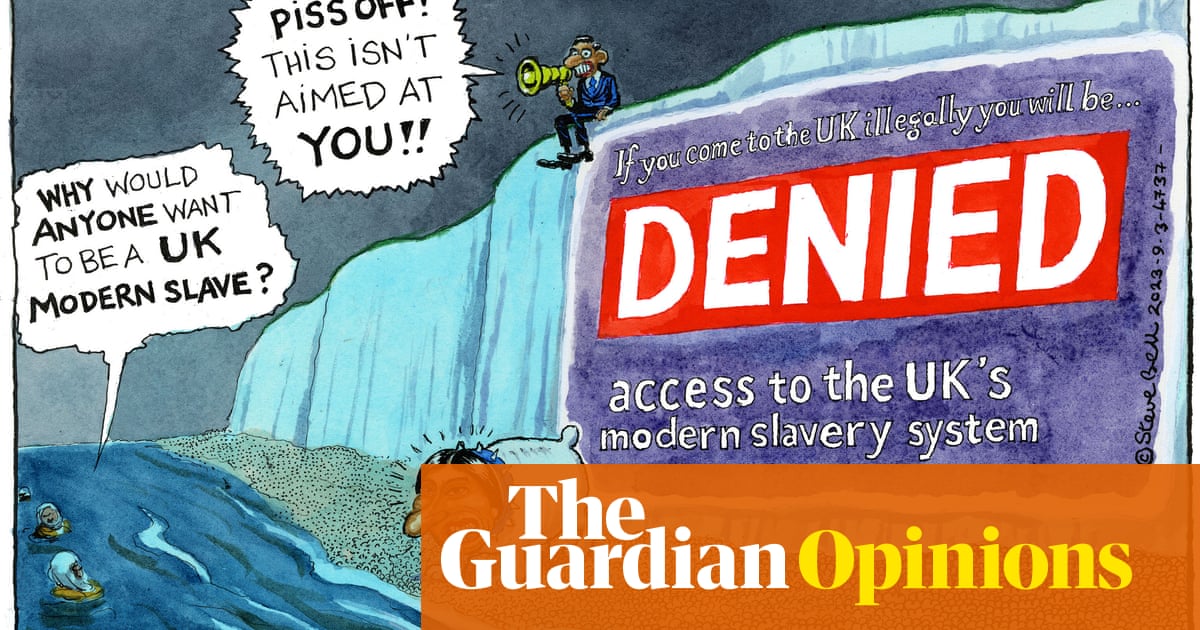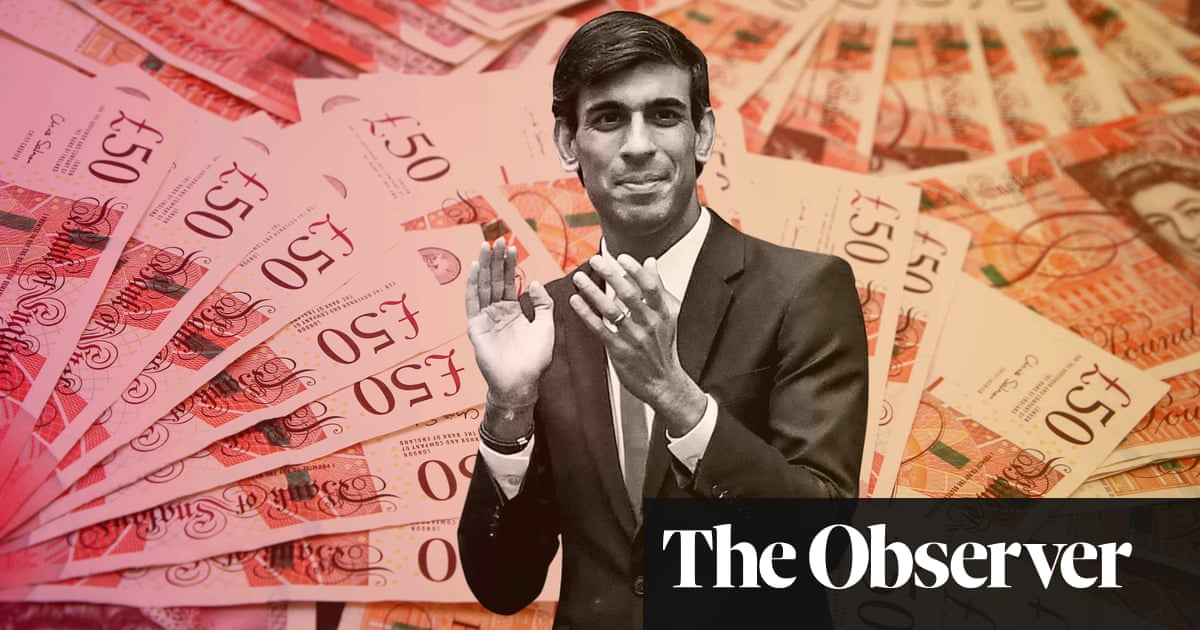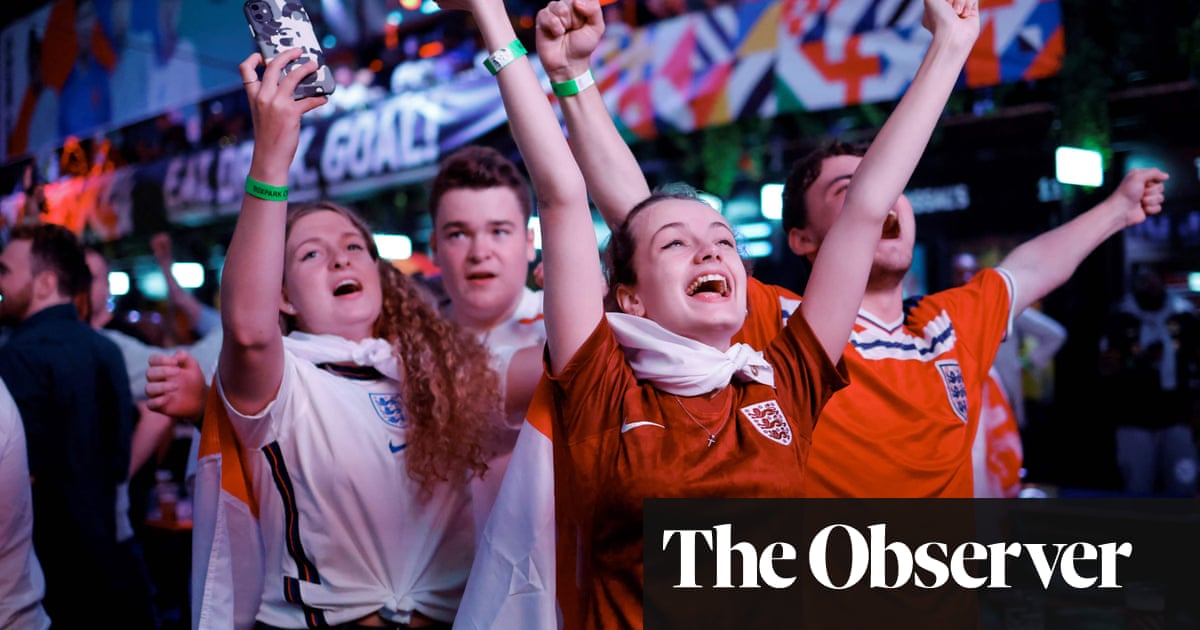
There were obvious immediate beneficiaries of the timing of Rishi Sunak’s surprise election call: Post Office villain Paula Vennells, for example, bumped off the front pages, and civil service chief of staff Simon Case, whose long awaited evidence to the Covid inquiry went largely unnoticed.
Others with cause to celebrate Sunak’s seasonal gamble included the tobacco lobby, which has seen his smoking bill conveniently shelved and Paul Kagame, the Rwandan president, whose government has now trousered a cool £250m of British taxpayers’ cash for services never likely to be rendered.
But what of the date itself? What advantages, beyond unutterable relief that the end might be in sight, can the prime minister have forecast for 4 July?
At times like this, of course, psephologists’ thoughts turn immediately to fantasy football theories. Sunak offered a hint that the feelgood factor of the European Championships might have played a part in his panicked calculations by suggesting to a group of regulars in a Welsh pub that come election day they would be enjoying the football. It had apparently escaped his attention that Wales had not qualified for the tournament.
It was Harold Wilson who insisted that: “Governance of a country has nothing to do with a study of its football fixtures.” A persistent urban myth had suggested that his 1966 victory was carried on the red-shirted shoulders of Bobby Moore and England’s World Cup triumph – in fact that year’s election occurred in March, three months before the tournament began. More relevant was England’s shock defeat to West Germany four years later, after leading 2-0 with 20 minutes left. Wilson’s government also dropped the ball in the election the following week. Denis Howell, his sport minister, was in no doubt what had shifted sentiment on the eve of polling day. “The moment goalkeeper Bonetti made his third and final hash of it on the Sunday, everything simultaneously began to go wrong for Labour for the following Thursday,” he said.
By 4 July this year, the Euros will be halfway through. England and Scotland, if they have negotiated their group matches, will just have played in the round of 16 that could see them progress to the following weekend’s quarter finals. But if Sunak has any desperate hope that the consequent wave of beer-chucking optimism might help his cause, are his forecasts correct? What message might government strategists take, for example, from the fact that the Brexit referendum fell at a similar moment in the tournament in 2016 – England had just played out a 0-0 draw with Slovakia, and were about to lose to Iceland. Something had to change.
If not football, perhaps there are other events in the July calendar that have prompted the unusual summer season date: a Wimbledon bounce? A Glastonbury gee-up? More likely it is simply that, after six months of non-stop rain, the prime minister is pinning his vanishing hopes on the sun finally coming out, a brief outdoorsy Vitamin D boost for his bedraggled, storm-tossed, roof-leaking administration, a glimpse of those sunlit uplands that his predecessors emptily promised. If so, his sodden announcement on Downing Street did not bode well.




